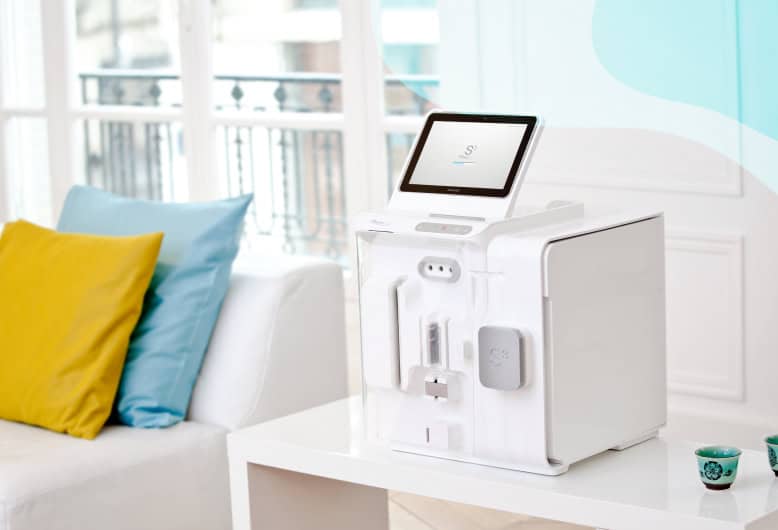Rights and Financial Assistance for Dialysis Patients and Their Caregivers: What You Need to Know
Living with chronic kidney disease (CKD) involves regular treatments and has a significant impact on daily life, both for patients and their loved ones. Fortunately, several support systems exist to ease the financial burden and improve the quality of life for dialysis patients.
Here’s an overview of the rights and financial assistance available.
100% Coverage by Health Insurance
In France, dialysis—whether performed in a center or at home—is fully covered by Health Insurance as part of the long-term illness (ALD) scheme. This program covers medical expenses related to treatment, preventing patients from facing high healthcare costs.
For patients who opt for home dialysis, additional financial support is available to cover extra expenses such as increased water and electricity consumption due to the use of medical equipment.
Coverage for Transportation and Home Adaptations
Dialysis treatments often require frequent travel. Depending on the patient's situation, Health Insurance covers:
- The cost of medical transportation to dialysis centers.
- Home adaptations to facilitate home care, such as installing an adapted chair or access ramps.
Disability Recognition and Specific Assistance
End-stage chronic kidney disease qualifies as a disability of over 80%, granting access to various financial aid and support programs:
- Disability Allowance (AAH) : For individuals with significantly reduced work capacity, this provides a minimum income.
- Disability Compensation Benefit (PCH) : Helps cover expenses for home adaptations, personal assistance, or transportation costs.
- Compensatory Allowance for Third-Party Assistance (ACTP) : Provides financial support for in-home assistance with daily activities.
Support for Caregivers
Caregivers of dialysis patients play a crucial role in their daily lives. Several support measures exist to assist them:
- Caregiver Leave: : Allows employees to temporarily suspend work to care for a dependent loved one.
- Daily Caregiver Allowance (AJPA) : Compensates for income loss when reducing or stopping professional activity.
- Additional Support for Family Caregivers: Available through the Departmental Disability Centers (MDPH), Family Allowance Funds (CAF), and mutual insurance providers.
Procedures and Assistance
To benefit from these aids, it is essential to:
1. Consult your primary care doctor and nephrologist, who can issue the necessary medical certificates.
2. Contact the Departmental Disability Center (MDPH) to obtain disability recognition and access to relevant benefits.
3. Apply to the Primary Health Insurance Fund (CPAM) for ALD status and medical transportation coverage.
4. Seek guidance from patient associations, like France Rein or Renaloo, which support patients and their families in administrative processes.
Dialysis patients and their caregivers have access to a variety of financial and support measures to ease the burdens associated with the disease. It is important to stay informed and complete the necessary applications to fully benefit from these resources.
 English
English
 Home
Home